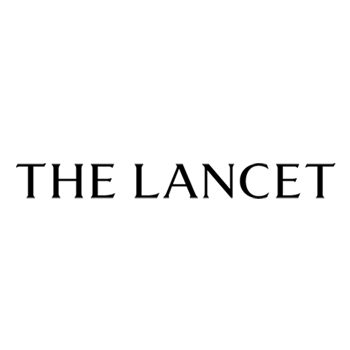Offline: How to restore the credibility of UNAIDS
“The UNAIDS Secretariat is in crisis, a crisis which threatens its vital work.” Astonishing does not even begin to describe the findings and recommendations of an Independent Expert Panel, set up to investigate harassment, including sexual harassment, bullying, and abuse of power at UNAIDS. The Panel was chaired by Gillian Triggs, a former President of the Australian Human Rights Commission. What is the state of UNAIDS today? It has “a broken organisational culture”. There is “a vacuum of accountability” and “a culture of impunity”. UNAIDS has fostered “a work culture of fear, lack of trust, and retaliation”. There is a pervasive “decline in morale”. “Urgent change” is needed. But actions taken so far to address this crisis “are little more than band-aids”. Proposals for reform are “superficial and insufficient”. A commitment to “zero tolerance” of misconduct is nothing more than “an empty slogan”. The Panel identified four areas for reform: governance, leadership, management, and policy and process. Its recommendations are far reaching. An external, independent, investigation, disciplinary, and redress mechanism must be implemented to deal with complaints. The standard of proof for allegations of misconduct should be lowered from “beyond reasonable doubt” to the “balance of probabilities”. Accountability at all levels of the organisation must be strengthened. Human resources procedures should be upgraded. An external and independent review of progress should be completed in 12 months. And there is one further wretched element to the Panel’s findings and proposals.
The Panel’s report is a personal tragedy for the Executive Director of UNAIDS, Michel Sidibé. He has led UNAIDS for almost a decade. While acknowledging “the outstanding contribution made to the work of UNAIDS by the current Executive Director”, the Panel finds that his “charismatic and autocratic” leadership style led to “a ‘cult of personality’”, a “patriarchal culture of favouritism and cronyism”, a “boys’ club”, and an environment “tolerating harassment and abuse of authority”. Indeed, his behaviour “enabled” that culture to flourish. He set a tone of “favouritism, preferment, opaqueness, license for wrong doing, and retaliation”. Most damning of all, in discussion with the Panel, Sidibé “accepted no responsibility” for shaping the culture of UNAIDS. He displayed “an unacceptable incidence of defective leadership”. The Panel argues that, based on the evidence it has considered, “there is a credible body of opinion…that there needs to be a change in leadership”. They continue, “if UNAIDS is to recover from its current malaise, a trustworthy, energetic leader should be appointed who can earn the confidence of the staff and return UNAIDS to its fundamental commitment to non-discrimination, due process, and good governance”. The responsibility for this catastrophe extends to Sidibé’s wider leadership team. The Programme Coordinating Board (PCB), which oversees the activities of UNAIDS, also failed to ensure proper accountability. But responsibility for the emergency facing UNAIDS today does finally lie with its Executive Director. The Panel concludes that a decision must now be made as to whether Sidibé “can continue in the role”. Their view is abundantly clear: “The Panel has no confidence that the current leadership can deliver cultural change when that leadership has been largely responsible for the current malaise…a change in leadership has become necessary”.
The response from Sidibé has been surreal. In the Foreword to an accompanying “Management Response” to the Expert Panel, Sidibé notes that, “I welcome many of its recommendations”. But nowhere does he accept that he was responsible for the toxic work environment that his leadership created. Nowhere does he acknowledge the grievous harms done to his colleagues at UNAIDS. Nowhere does he concede that his proposed reforms are utterly inadequate. Nowhere does he recognise his own personal responsibility for this desperate state of affairs. Indeed, in a press release to accompany publication of his Management Response, Sidibé notes that, “I will spend the next 12 months implementing this agenda for change”. On Dec 11, 2018, the PCB met to discuss the findings of the Expert Panel. One of its roles is to make recommendations to co-sponsoring organisations regarding the activities of UNAIDS. It is the UN Secretary-General who has the power to hire and fire the Executive Director. Both the PCB and António Guterres now have a duty to deliver on the recommendations of the Expert Panel. The reputation of UNAIDS and the UN system depends on it.
